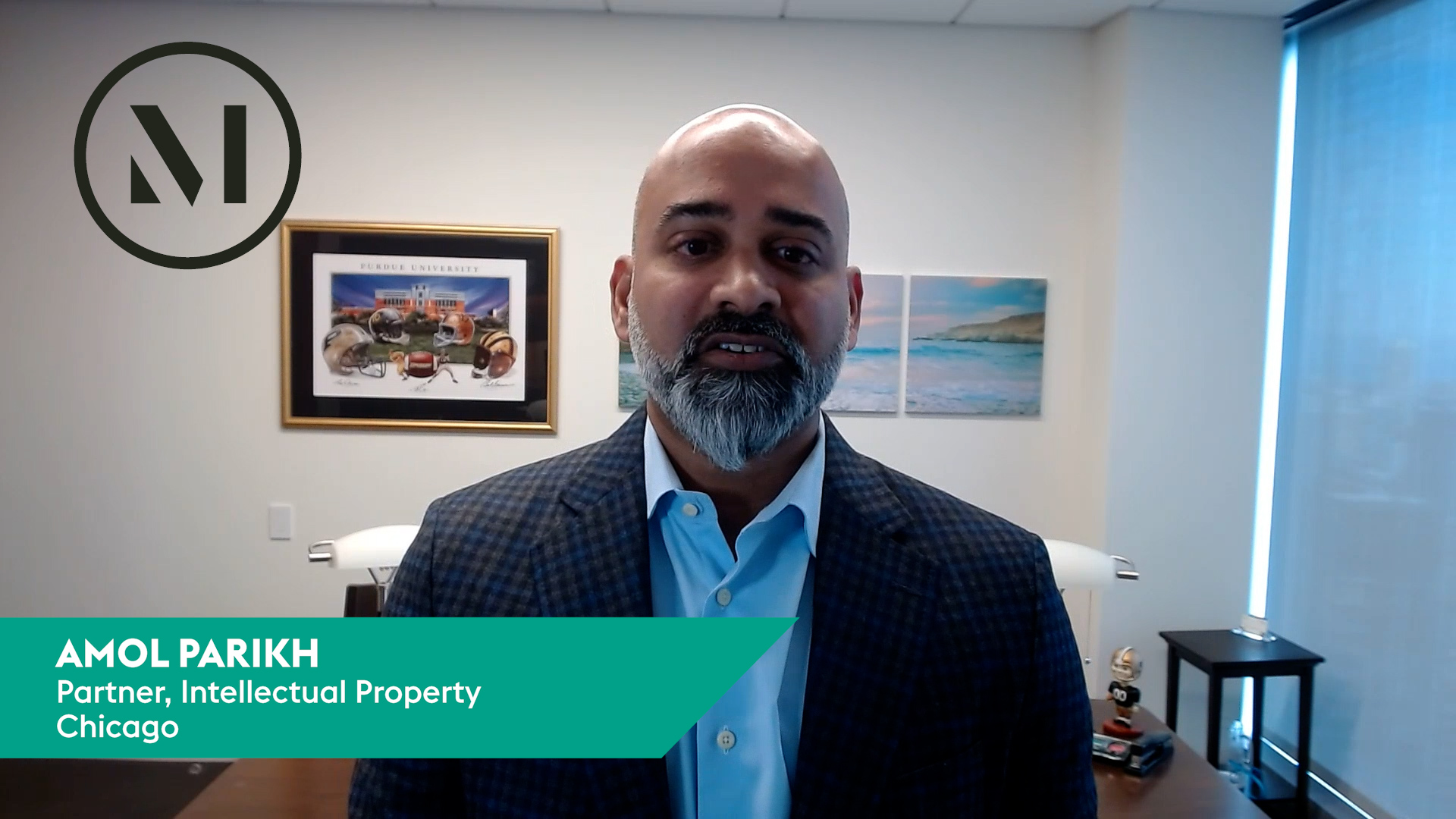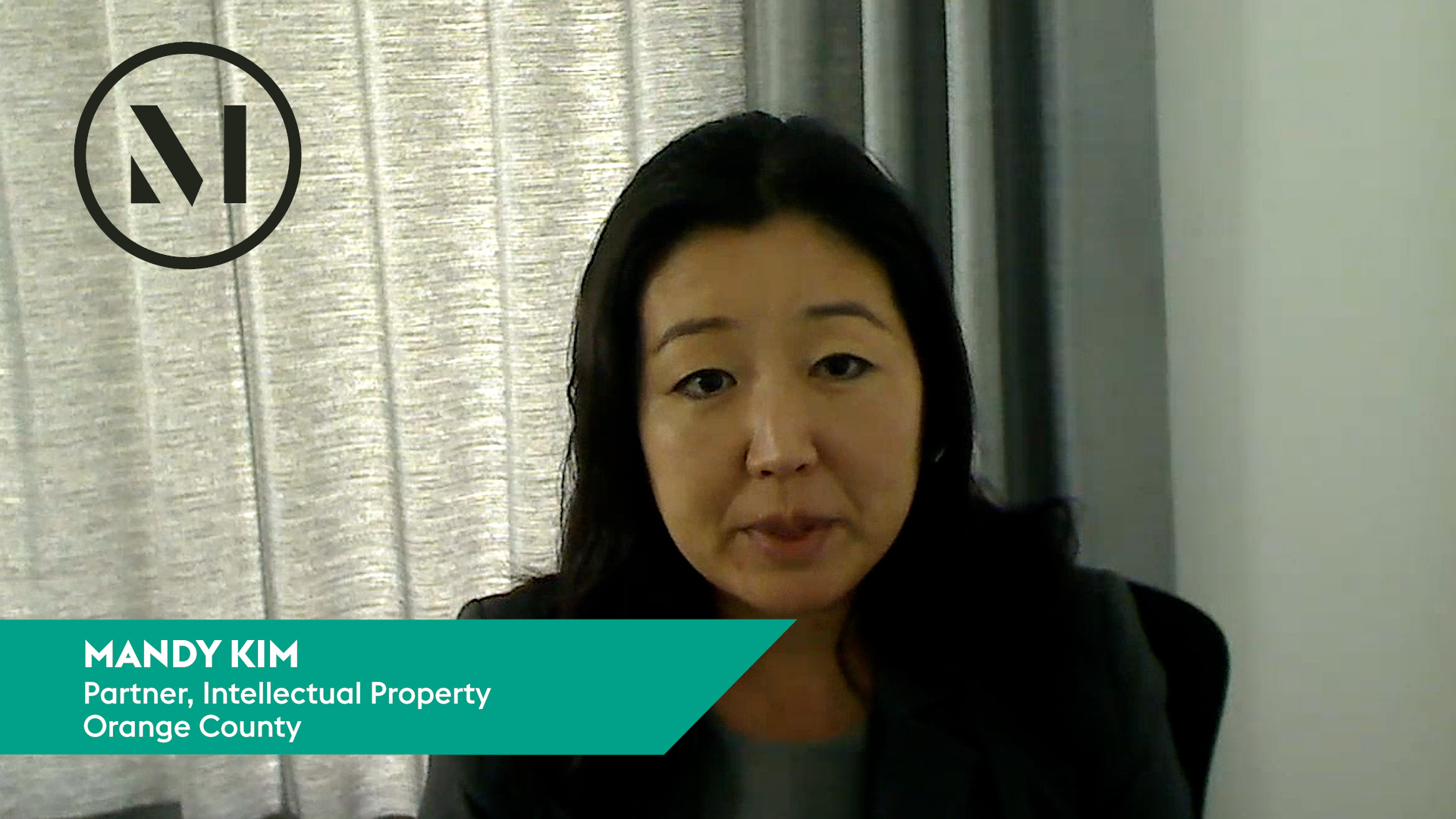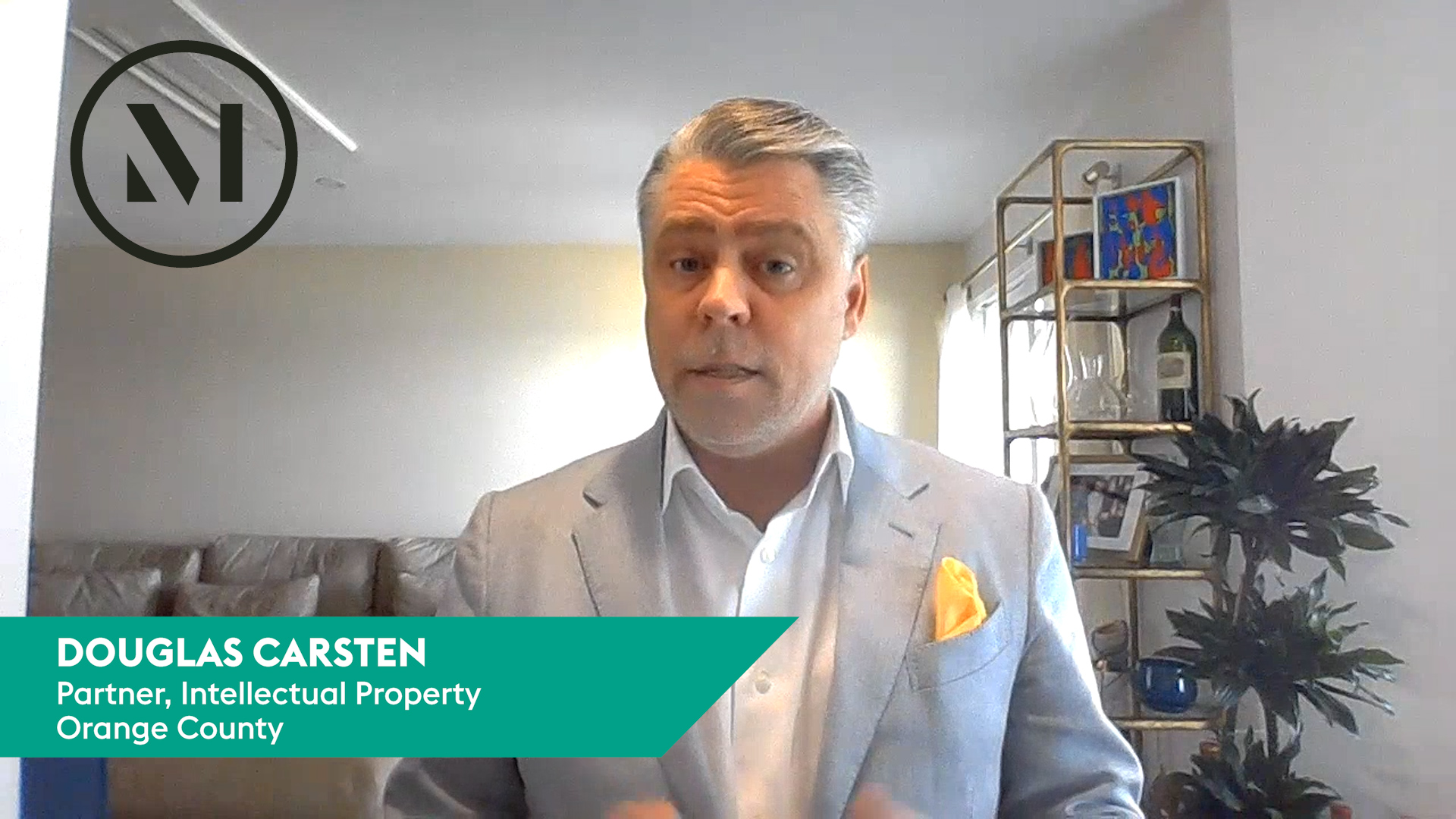On February 17, 2023, the US Patent & Trademark Office (PTO) announced the launch of the new Trademark Decisions and Proceedings Search Tool. This tool allows users to filter and search expungement and reexamination proceedings, administrative orders and sanctions, and precedential director decisions. Under the Expungement and Reexamination Proceedings tab, users can find all petitions filed by third parties requesting expungement or reexamination, as well as director-initiated proceedings and reexaminations. The Administrative Orders and Sanctions tab includes administrative and sanctions orders issued under the authority of the PTO Director against parties found to violate PTO trademark rules of practice or terms of use for PTO websites and filing systems. Decisions on petitions to the PTO Director will be added to the search tool later in 2023.
The Trademark Decisions and Proceedings Search Tool can be found here.
read more


 Subscribe
Subscribe





